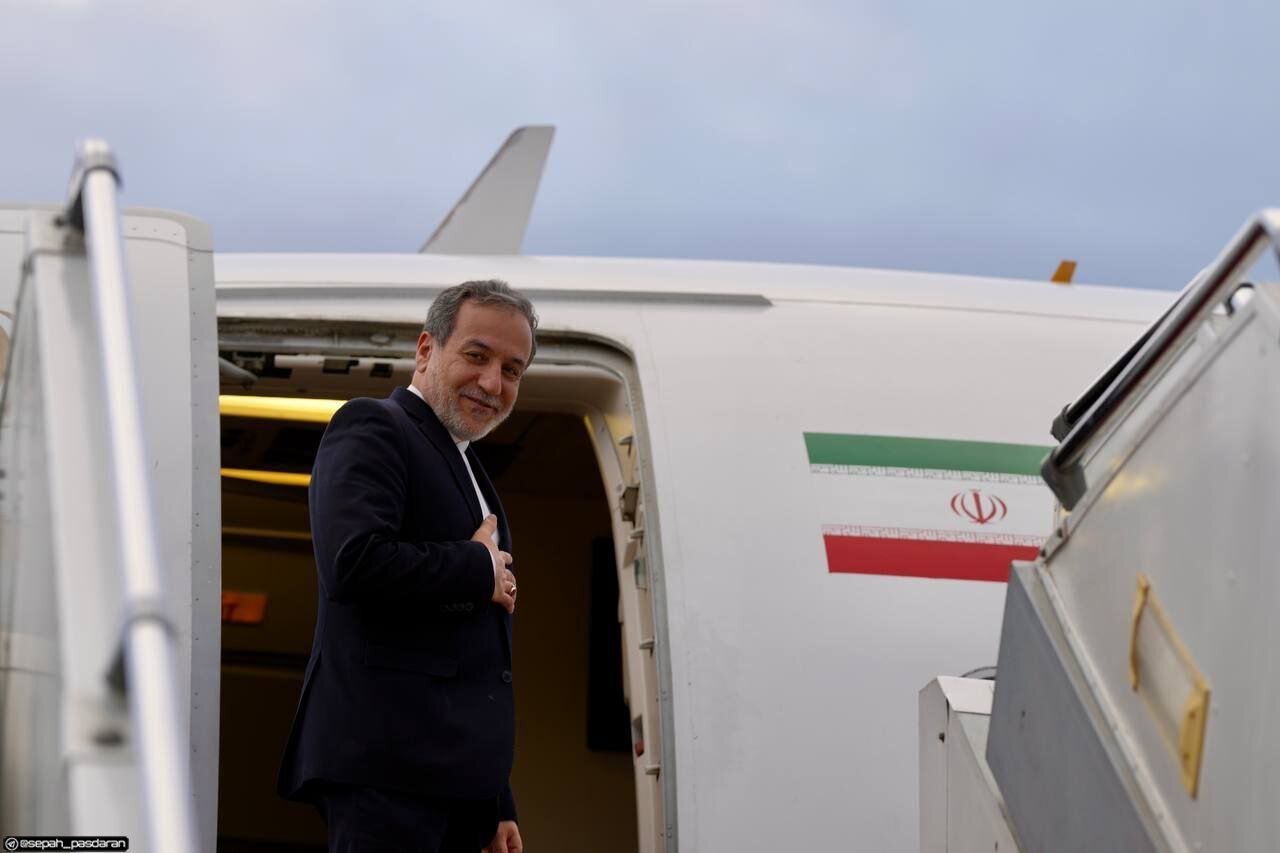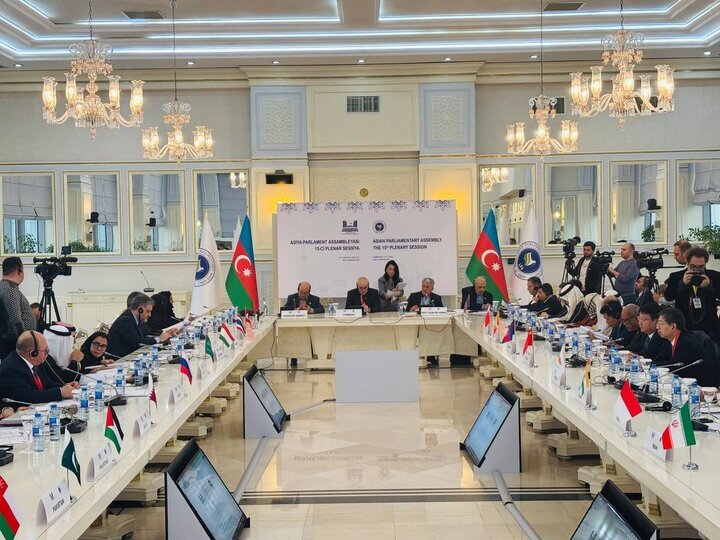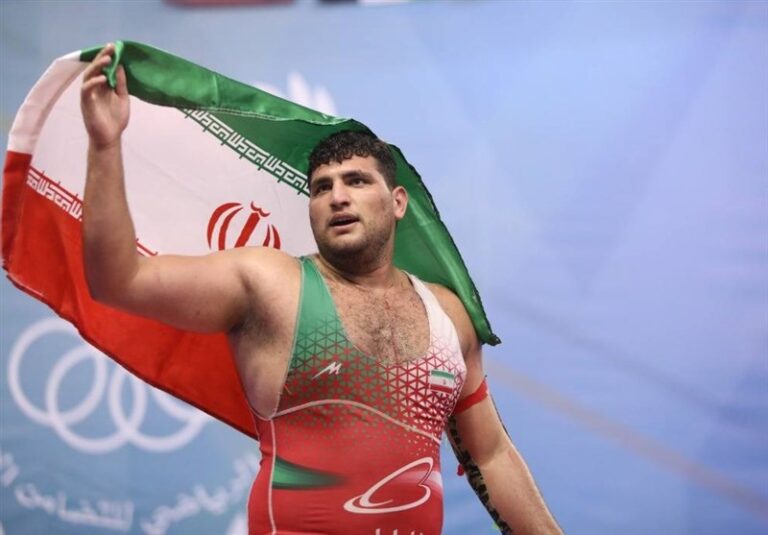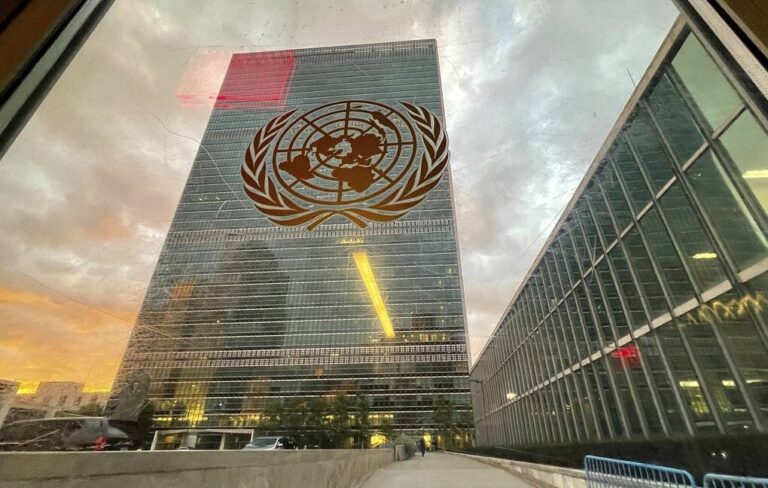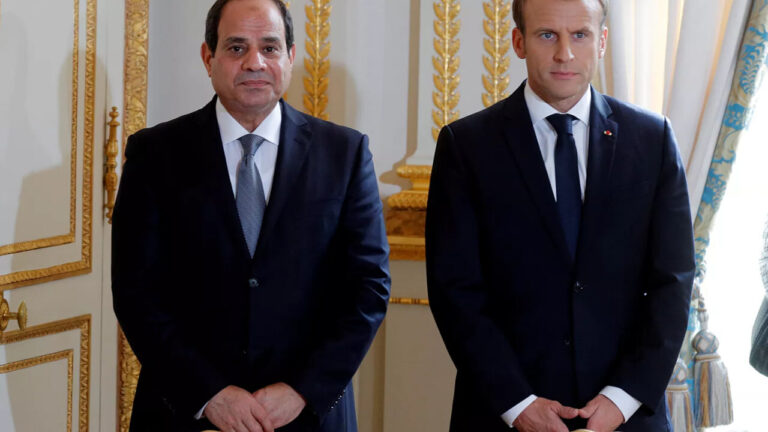Iran’s Foreign Minister Heads to China for High-Stakes Talks with Top Officials
Iran’s Foreign Minister Seyyed Abbas Araghchi embarked on a crucial diplomatic mission to Beijing on Tuesday night, local Tehran time. This visit marks his second trip to China since taking on the role of Foreign Minister, underscoring the significance of Iran-China relations. During this visit, he carries an important message from Masoud Masoud Pezeshkian to Chinese President Xi Jinping, emphasizing the ongoing collaboration between the two nations.
Araghchi’s recent trip to Moscow, where he engaged with senior Russian officials and delivered a message from the Leader of the Islamic Revolution, Ayatollah Seyyed Ali Khamenei, set the stage for this visit to China. His itinerary reflects a commitment to strengthening ties with both Russia and China, two key players in regional and international politics.
According to Esmaeil Baghaei, the Spokesperson for the Iranian Foreign Ministry, the regular and high-level consultations between Iran and China illustrate the determination of both countries’ leaders to enhance their collaboration in various sectors. He noted:
“Continuous and close consultations between the two sides at high levels are a clear sign of the resolve of the leaders of the two countries to expand relations in all areas of mutual interest.”
Baghaei’s remarks highlight China’s integral role in the geopolitical landscape, particularly concerning its participation in the Joint Comprehensive Plan of Action (JCPOA) and its status as a permanent member of the United Nations Security Council. He asserted:
“China, as a permanent member of the Security Council and an influential country in previous processes, and a country that is a participant of the JCPOA and has very close relations and a strategic partnership with us, can play a constructive and influential role in any process.”
During his upcoming discussions in Beijing, Araghchi will address several key topics, including:
- The ongoing indirect talks between Iran and the United States.
- Recent developments regarding these negotiations.
- Implementation of bilateral agreements aimed at strengthening Iran-China relations.
Baghaei emphasized that the Foreign Minister’s visit had been planned in advance, aiming to facilitate dialogue on these pressing issues. He stated:
“The Foreign Minister’s visit to China had been planned previously. During this trip, we will discuss the process of Iran-US indirect talks and update them (the Chinese) on the latest developments in that regard.”
This trip not only underscores Iran’s commitment to diplomacy but also reveals its strategy to engage key international partners in discussions that may influence the future of its relations with the West. The Iranian government views China as a vital ally, particularly in the context of economic partnerships and regional stability.
As the world watches the developments of Araghchi’s trip, the outcomes may have significant implications for the geopolitical landscape in the region. The discussions will likely focus on ways to enhance cooperation in various fields, including trade, energy, and security.
In conclusion, Seyyed Abbas Araghchi’s visit to Beijing is a pivotal step in Iran’s foreign policy strategy. By strengthening ties with China, Iran aims to bolster its position on the international stage while navigating complex diplomatic waters with the United States and other Western nations. This visit exemplifies the importance of strategic partnerships in achieving national interests and regional stability.
The diplomatic journey of Foreign Minister Araghchi is a clear indication of Iran’s proactive approach to international relations, seeking to foster collaboration with influential nations like China to secure its interests and enhance global partnerships.
